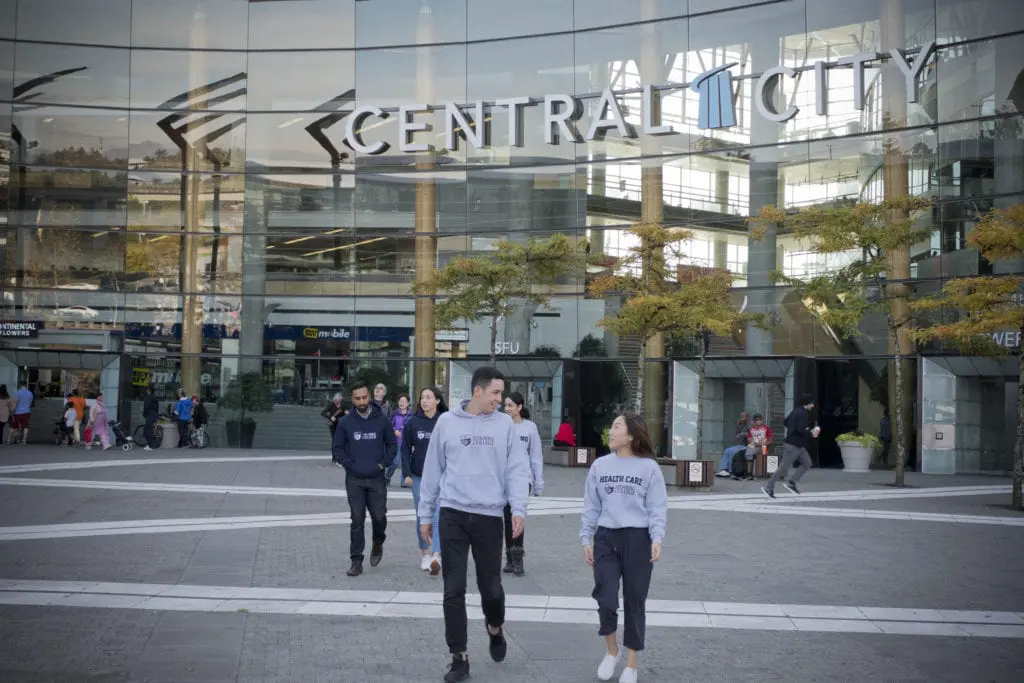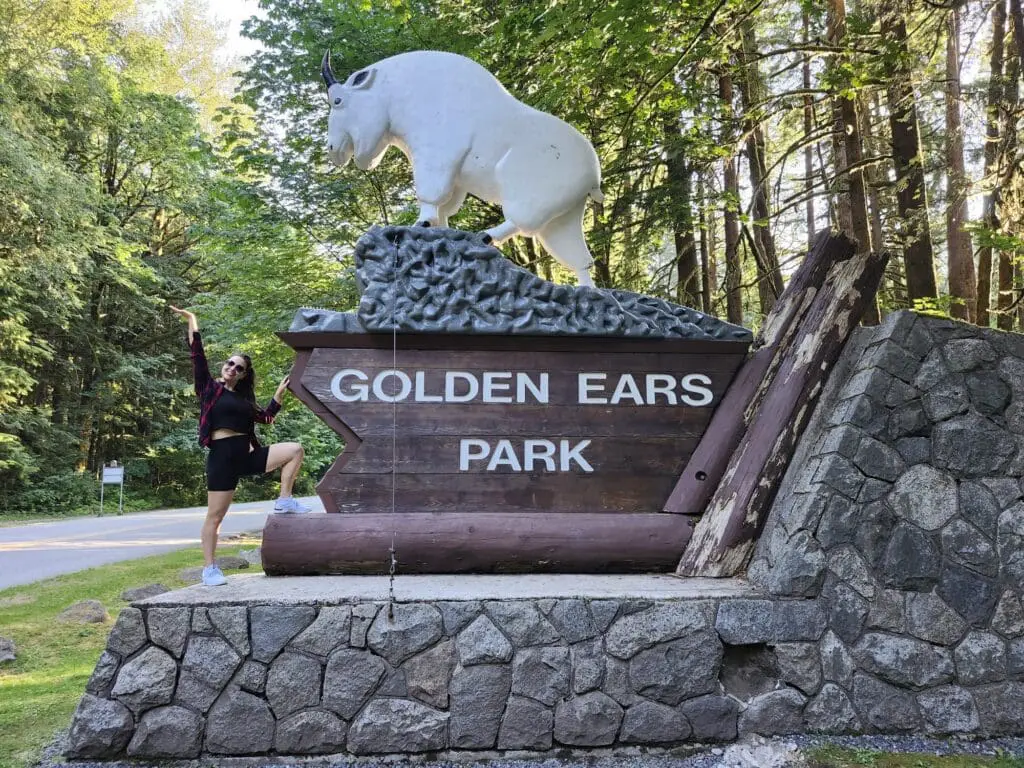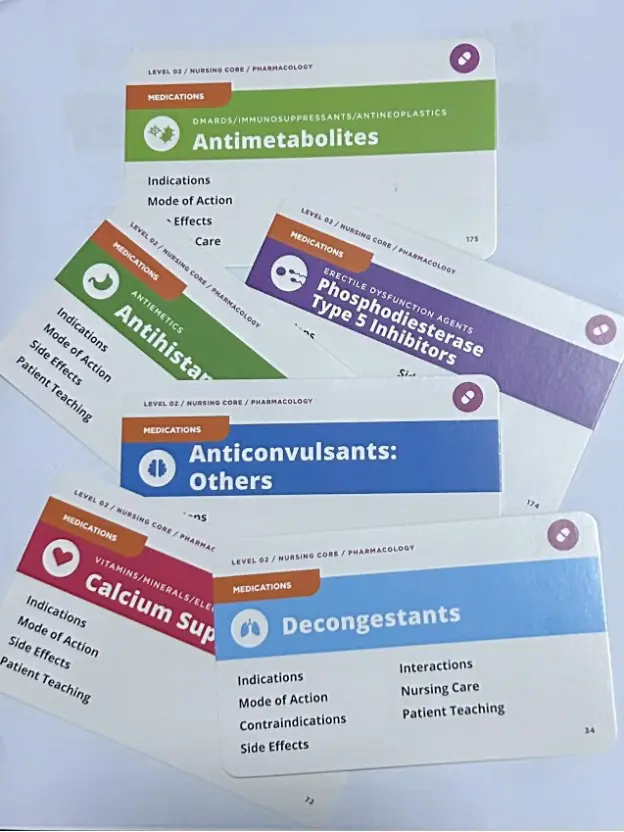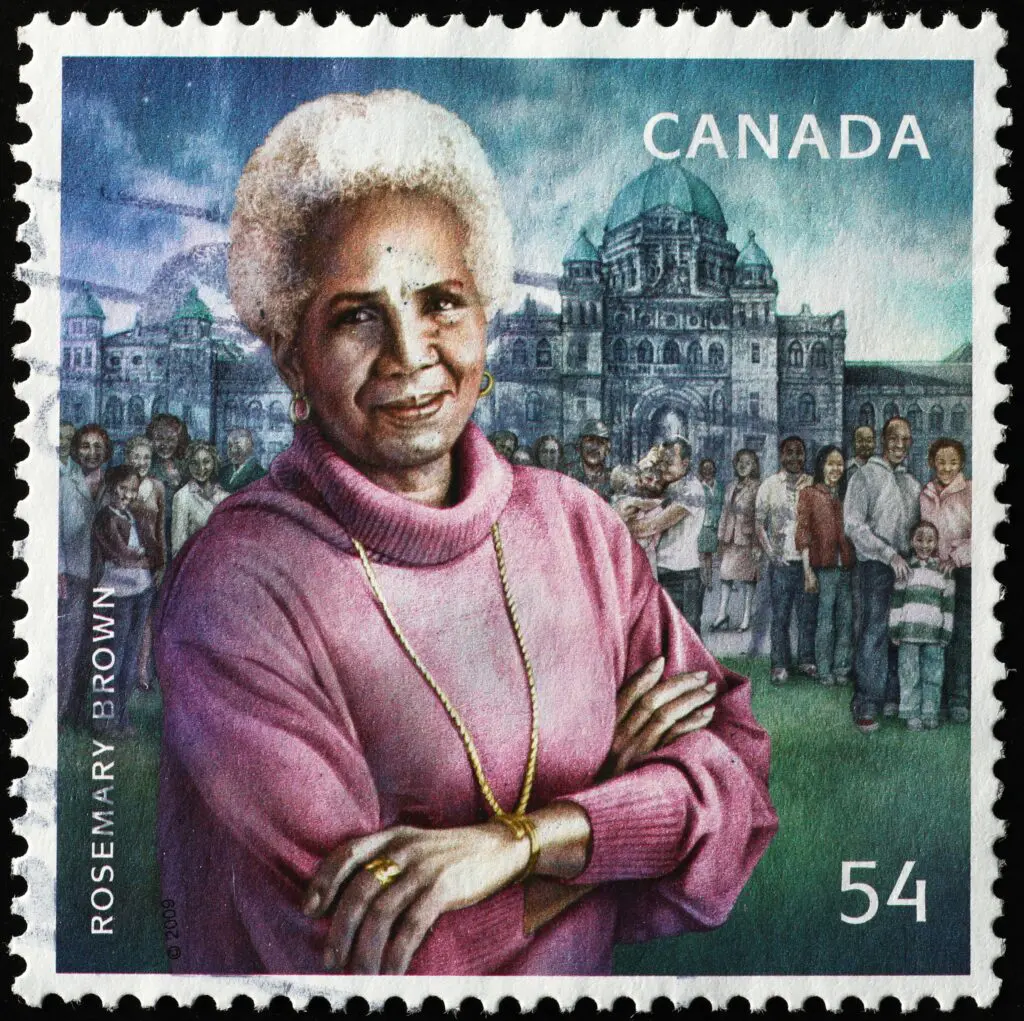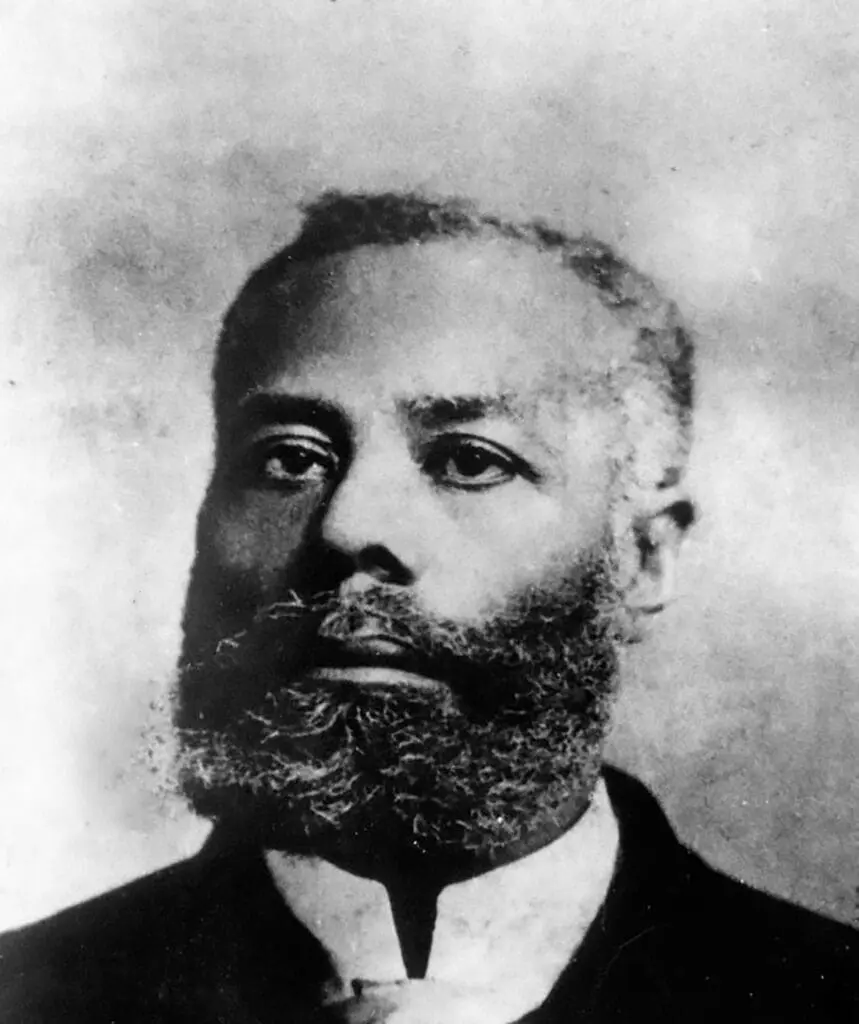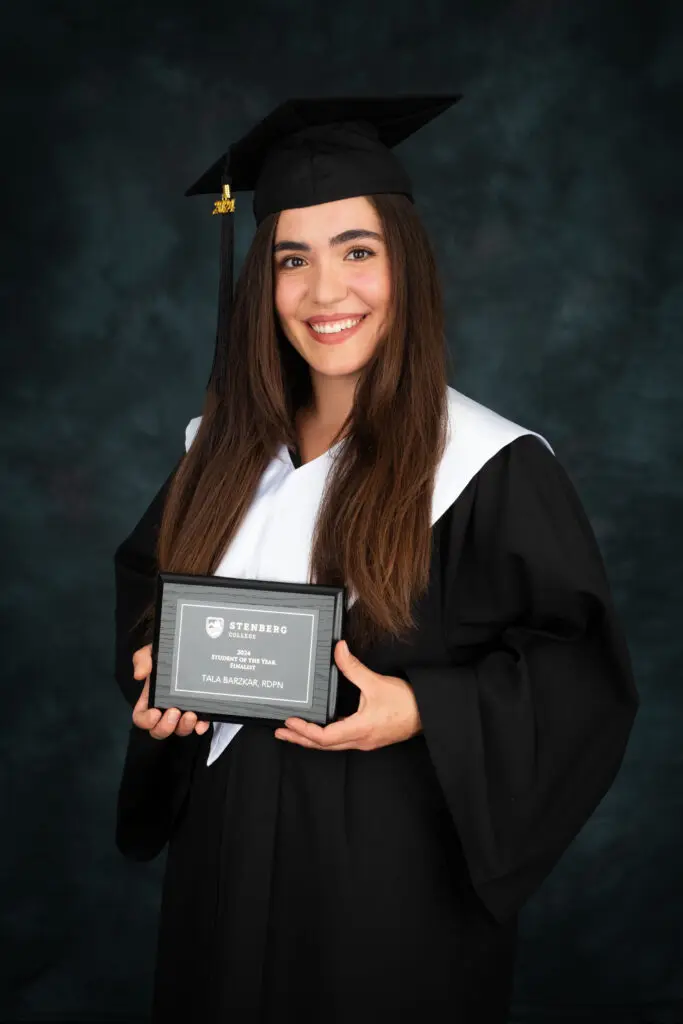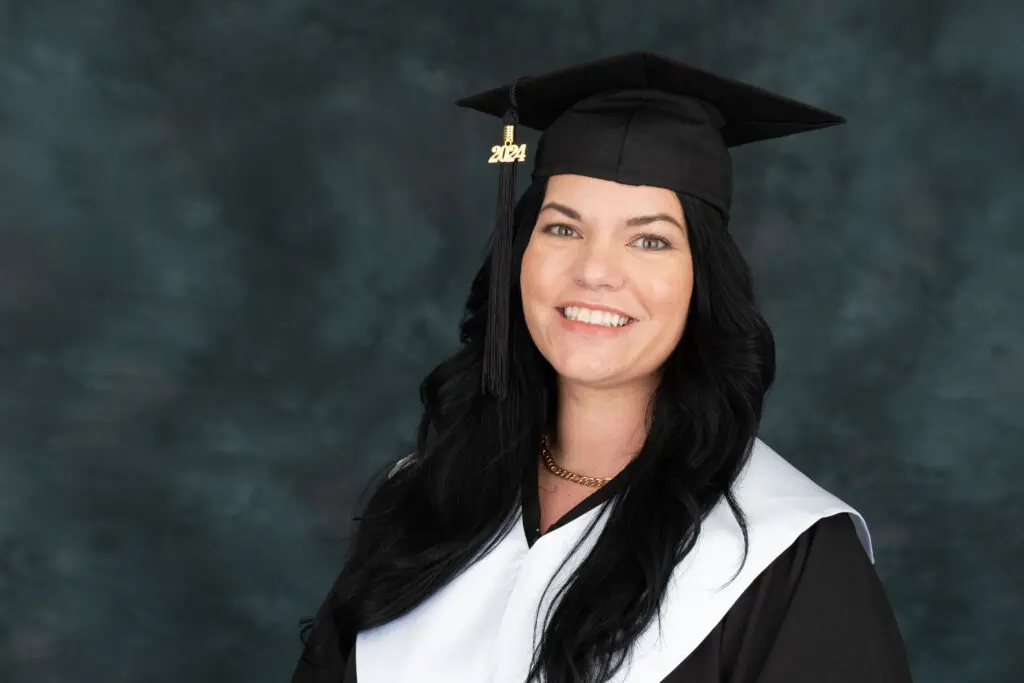September 30th is the National Day for Truth and Reconciliation, a time for all to reflect on the painful legacy of Canada’s residential school system, to honour the Survivors and the children who never made it home, and to reaffirm their commitment to reconciliation.
This day is also known as Orange Shirt Day, which began as a grassroots movement to recognize the ongoing impact of residential schools and promote the message that Every Child Matters.
Why Truth and Reconciliation Matters
For over 150 years, more than 150,000 First Nations, Inuit, and Métis children were taken from their families and placed in government-funded, church-run residential schools. While in these schools, the children experienced neglect, abuse, and cultural erasure. The last residential school closed in only 1996.
In 2015, the Truth and Reconciliation Commission of Canada (TRC) released 94 Calls to Action, urging all sectors of society including individuals to participate in reconciliation by acknowledging past harms and actively working toward healing and justice.
Learning and Listening
Reconciliation is not a one-time event. It is an ongoing process rooted in education, empathy, and action. Whether you’re just beginning your learning journey or continuing it, there are many meaningful ways to honour this day and deepen your understanding:
- Read the TRC’s 94 Calls to Action: These are concrete steps we can all take to support Indigenous communities. Read them here
- Watch Survivor Testimonies: The National Centre for Truth and Reconciliation hosts recorded stories on their YouTube channel from residential school Survivors.
- Listen to Indigenous Voices: Podcasts like All My Relations and Coffee with My Ma showcase personal perspectives on Indigenous identity and resilience.
- Wear an Orange Shirt: Show your support and solidarity by wearing orange on September 30. Learn the story behind the movement at orangeshirtday.org.
- Explore Indigenous History and Culture: Visit local exhibits, read Indigenous-authored books, or participate in community events. Vancouver’s Bill Reid Gallery and Museum of Anthropology often feature powerful Indigenous art and storytelling.
Moving from Reflection to Action
While Truth and Reconciliation Day is a time to remember, it’s also a time to act. Learning the truth is just the beginning true reconciliation requires continuous effort to unlearn colonial narratives, amplify Indigenous voices, and support Indigenous-led initiatives.
As a college and a community, we recognize our responsibility to create spaces that honour Indigenous knowledge and experiences. We are committed to learning, growing, and doing better not just today, but every day.
Let this day serve not as a conclusion, but as a commitment. A commitment to truth, to reconciliation, and to a future where all people especially Indigenous youth are safe, valued, and heard.

